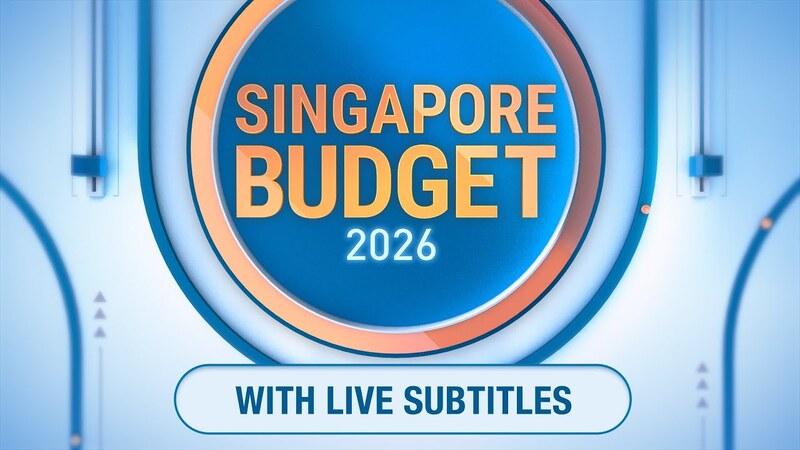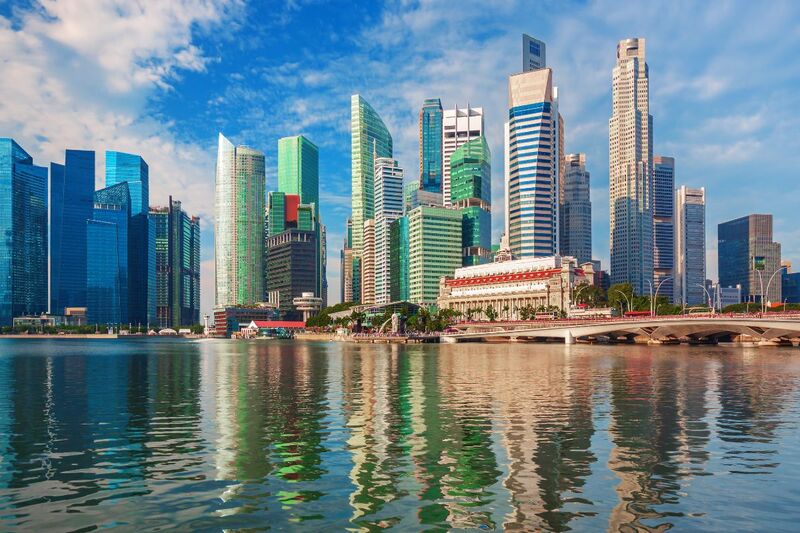Singapore Rises to Fifth Place in Global Innovation Index 2023
In a rapidly evolving global landscape, innovation is the driving force behind economic growth and prosperity. In this quest for innovation, Singapore has once again demonstrated its prowess by securing the fifth position in the Global Innovation Index (GII) for 2023. This remarkable achievement not only solidifies Singapore's status as a global innovation leader but also has significant implications for the country's companies and its workforce.
The GII, published by the World Intellectual Property Organisation (WIPO), is a prestigious global ranking of the world's most innovative economies. It assesses 132 economies across 80 indicators to track innovation trends, and Singapore has climbed two spots to become the fifth most innovative nation in the world. This achievement is particularly noteworthy, as Singapore has now outperformed countries like the United States and the United Kingdom, and is leading the Southeast Asia, East Asia, and Oceania region.
Switzerland has retained the top spot for the 13th consecutive year, with Sweden at second place, and the United States and the United Kingdom following closely. However, what sets Singapore apart is its excellence across various indicators, including government effectiveness, information and communications technology (ICT) access, and venture capital (VC). Singapore leads the pack in these critical areas, further solidifying its status as a global innovation hub.
While this achievement is certainly commendable, it is essential to understand the implications it holds for Singapore companies and workers. Let's delve into the key takeaways from this remarkable feat and how it will impact the nation's business landscape and its workforce.
1. A Boon for Singapore Companies
One of the most significant implications of Singapore's high ranking on the GII is the positive impact on its businesses. Singapore companies will benefit from increased access to venture capital, creating opportunities for startups and established businesses to secure the necessary funding for research and development, innovation, and growth. VC funding is a critical component of fostering entrepreneurship and innovation, and Singapore's strength in this area provides a fertile ground for businesses to flourish.
The government's commitment to supporting innovation, coupled with its effectiveness in governance, ensures a conducive environment for businesses to thrive. Singapore's consistent investment in research and development, coupled with advanced infrastructure, positions the country as a prime destination for companies looking to innovate and expand.
2. Opportunities for the Workforce
Singapore's ascent in the GII has a direct impact on its workforce. As the nation's businesses become more innovative and competitive, they will require a highly skilled and adaptable workforce. This presents opportunities for individuals to upskill and gain expertise in cutting-edge technologies and industries.
The emphasis on ICT access and technology-driven growth means that Singapore workers in these sectors will be in high demand. The government's support for ongoing training and development, such as the SkillsFuture initiative, ensures that the workforce remains agile and equipped to contribute to the innovation ecosystem.
3. Global Recognition and Collaboration
Singapore's high ranking in the GII also brings global recognition, further strengthening the nation's position as a leader in innovation. This recognition is not only a source of national pride but also a catalyst for international collaboration. As Singapore companies continue to innovate and expand, they will engage in collaborations and partnerships with global entities, driving economic growth and fostering a culture of excellence.
4. Addressing Disparities
While Singapore's innovation landscape is robust, it's essential to address potential disparities. Certain sectors, particularly in artificial intelligence, may attract significant funding, while smaller businesses and startups may face challenges. This requires a balanced approach to ensure that innovation is inclusive and benefits all segments of the economy. Government initiatives and support for small and medium-sized enterprises (SMEs) will be critical in bridging these gaps.
5. Sustainable Growth
In the face of growing trade tensions and global economic challenges, Singapore's commitment to innovation positions it for sustainable growth. By continually shifting from quantity to quality in innovation, Singapore can adapt to changing economic landscapes and contribute to the resumption of sustainable growth.
In conclusion, Singapore's rise to fifth place in the Global Innovation Index 2023 is a testament to its commitment to excellence, innovation, and creating an environment where businesses can thrive. This achievement bodes well for Singapore companies and workers, offering opportunities for growth, collaboration, and recognition on the global stage. However, it's crucial to ensure that the benefits of innovation are inclusive and that no one is left behind as Singapore continues to lead in the global innovation landscape.
Looking to Hire?
Please fill in this Inquiry Form — Our experienced Recruitment Consultants will be in touch with you soon!
OR
Seeking Your Next Career Opportunity?
Submit your CV — Our trusted Career Consultants will review your resume and contact you if we find a position that matches your profile!
Reference Links:
https://www.straitstimes.com/business/singapore-rises-to-fifth-place-in-global-innovation-index-2023
https://www.eiu.com/n/eius-business-environment-rankings/
Disclaimer:
The information provided in our blog articles is intended for general informational purposes only. It is not a substitute for professional advice and should not be relied upon as such.
While we strive to provide accurate and up-to-date information, the ever-evolving nature of certain topics may result in content becoming outdated or inaccurate over time. Therefore, we recommend consulting with qualified professionals or experts in the respective fields for specific advice or guidance. Any actions taken based on the information contained in our blog articles are solely at the reader's discretion and risk. We do not assume any responsibility or liability for any loss, damage, or adverse consequences incurred as a result of such actions.
We may occasionally provide links to external websites or resources for further information or reference. These links are provided for convenience and do not imply endorsement or responsibility for the content or accuracy of these external sources. Our blog articles may also include personal opinions, views, or interpretations of the authors, which do not necessarily reflect the views of our organisation as a whole. We encourage readers to verify the accuracy and relevance of information presented in our blog articles and to seek professional advice when needed.
Your use of this website and its content constitutes acceptance of this disclaimer.





